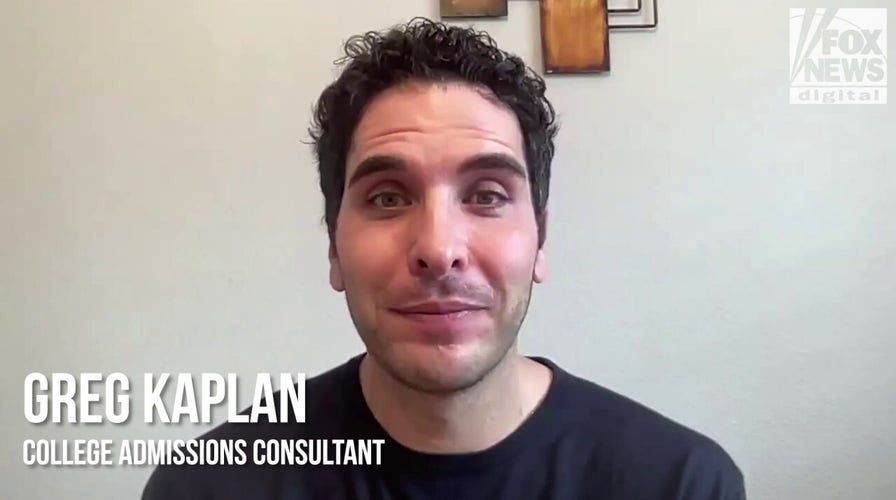Professors Surprised by Students’ Reading Challenges
Professors at prestigious universities like Georgetown and Columbia are coming to a surprising realization: many students are not accustomed to reading entire books. This issue seems to be more prevalent among those who attended public schools.

Greg Kaplan, a college admissions expert, emphasizes that choosing a college shouldn’t just be about prestige but also about long-term success.
Professor Nicholas Dames from Columbia University shared his astonishment when a freshman admitted she had never been required to read a full book in high school.
“I was shocked,” said Dames, echoing a sentiment shared by many other educators.

Many schools have been moving away from a focus on comprehensive reading, potentially contributing to this trend. Georgetown’s English department chair, Daniel Shore, noted that even short pieces like sonnets can prove challenging for students to stay engaged with.
Shift in Educational Focus
A recent survey highlighted that only a small fraction of educators still focus on teaching whole texts, with standardized test preparation in public schools being a likely cause.
This shift has also been observed in private schools, but to a lesser extent. This has resulted in a noticeable gap in reading skills among new college students.

To address diversity and inclusion, some colleges have added books by non-White authors, but even so, overall reading requirements have been reduced.
The Impact of Technology and Job Market Focus
Experts suspect that the rise of social media platforms like TikTok and YouTube might be altering what students see as worthy of their time. Psychologist Daniel Willingham suggests that students’ attention spans have been impacted, making traditional reading feel less natural.
Economic factors also play a role, as students increasingly prioritize career prospects over leisurely reading.

These findings indicate a shift in values rather than capabilities, according to some experts. Students today are more preoccupied with securing jobs than indulging in the cultural enrichment offered by books.
Despite professors adapting their curricula to include shorter texts, many lament the lost opportunities for empathy and understanding that full-length books provide. As stated by UC Berkeley’s English professor Victoria Kahn, reading expands one’s sympathies beyond immediate identities.




